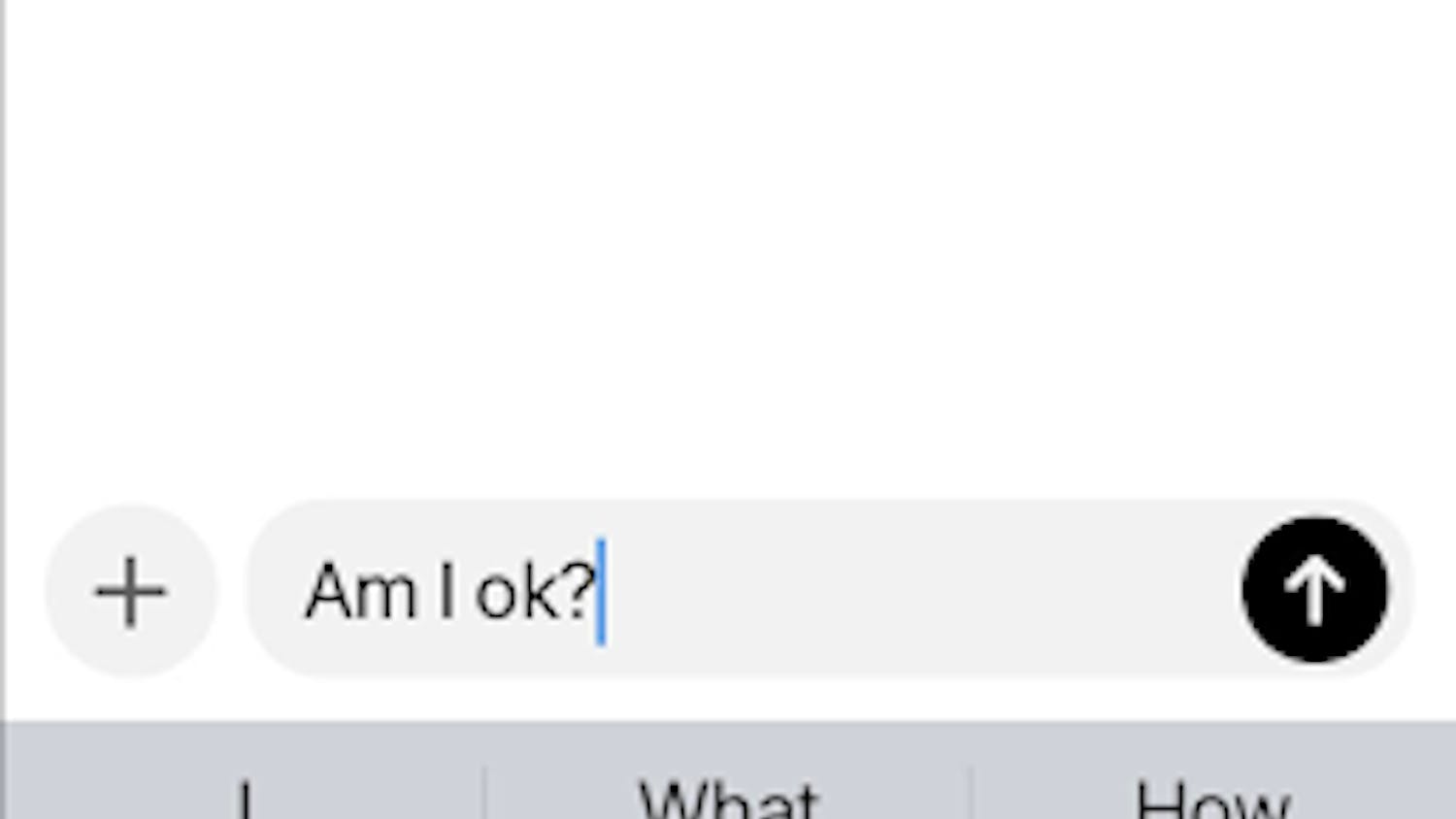High school suicide may not be recognized as a prevalent problem in today's society because it is often too delicate an issue to discuss. However, the American Association of Suicidology says that, nationwide, one in five high school students surveyed reported they had seriously considered suicide during the preceding year.
According to The National Center for Health Statistics, suicide is the third leading cause of death among 15-to-20-year-old youths. Additionally, the National Institute for Mental Health states males between ages 15 and 19 are five times more likely to commit suicide than females.
The American Foundation for Suicide Prevention (AFSP) cites diverse explanations for this problem. Family plays a large role, as many adolescents who commit suicide have poor communication with a close family member who attempted or committed suicide.
Suicide rates tend to increase after there is a film or news story relating to it. Suicide attempts may also be more frequent among homosexual males. People whose mothers were exposed to harmful substances during pregnancy or did not receive enough prenatal care are also more susceptable.
Depression is related to more than half of all suicides, and psychiatric diagnoses are found in 90 percent of cases. About half of the teenagers that commit suicide have previously visited a mental health professional. Also, roughly one-third of victims have made a prior suicide attempt.
The foundation urges people to be alert to suicide "danger signals" in loved ones. Common indications include indirect talk about "leaving" or "saying goodbye," giving away valued articles or simply depression in the form of lost pleasure and withdrawl from activities. People must take these signs seriously and, often, seek professional help for the teenager.
High schools also try to prevent suicides. Locally, for example, Trenton Central High School has a Crisis Response Team to handle potential suicide cases.
According to the high school's student handbook for 2002-2003, the administration refers those students contemplating suicide to the team, which counsels the teenagers and contacts their families. For further assistance, the team may refer the students and their parents to the Helene Fuld Crisis Center.
The high school's Student Assistance Program, free and confidential, is also available to students with family, drug, alcohol or emotional issues. A counselor provides individual or group sessions to aid the students with these risk factors.
These Trenton Central High School organizations reflect a national high school trend in which suicide prevention programs are increasing, according to the ASFP.
Administration within Ewing High School, Trenton Central High School and Daylight/Twilight High School in Trenton would not comment, due to the sensitive nature of the topic.






